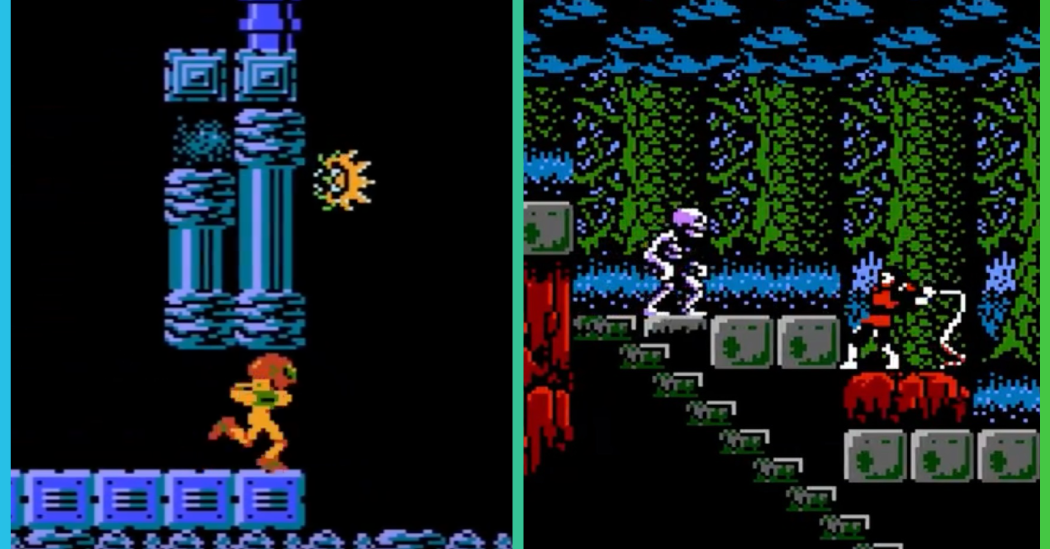Interesting that in the title, stated in absolute terms in the text, and from the designers they interviewed, they cite getting lost as crucial for the genre. Personally, I disagree. Getting lost has tended to be why I didn’t care for certain games in this genre, like Axiom Verge, and it soured my otherwise higher opinion of games like Hollow Knight and Symphony of the Night. Still, I think this is a good exploration of the genre and what makes it tick.



I’m never sure where to draw the line with metroidvanias. Does Dark Souls count as metroidvania? or Link’s Awakening? Cave Story?
It’s a good point, they all have item or ability gated progression with backtracking and alternate routes. The more I think about the question, the less of an answer I have…
Yeah a lot of people seem to draw a line between Metroidvanias and classic Zelda games/Zelda-likes. I don’t really know what the distinction is.
The line I personally draw between Metroidvania and Zelda like is the ability to sequence break without glitches and a focus on platforming as the core of movement.
I would argue that 2D platformer should be part of the definition.
Then you’d be excluding the Metroid Prime games from the genre, which doesn’t make a lot of sense.